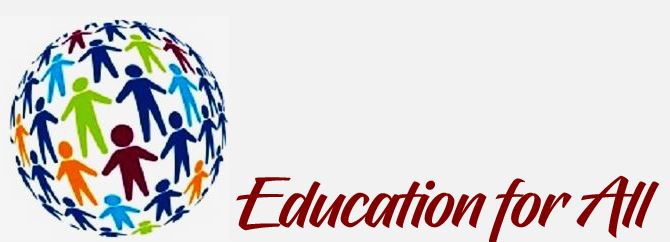
Dear Educators and Parents,
It’s a new school year—and with it comes a fresh opportunity to sharpen pencils, reset intentions, and yes, even refresh that emergency chocolate drawer (educators, you know the one). As you may or may not be aware, July was Disability Pride Month and ADA celebrated it’s 35th birthday on July 26, 2025. As Director of Special Services, I want to share a message that’s both heartfelt and important: this year, let’s commit to fostering a deep sense of belonging for all students—not just in word, but in action.
“All Means All”: You’ve probably seen this phrase floating around our schools, on district banners, or maybe even in your inbox subject lines at 6:42 AM (sorry about that). But what does All Means All really mean?
It means that every student—regardless of disability, language background, learning profile, or lunch preference—is seen, supported, and celebrated. It’s not just a slogan; it’s a mindset, a culture, and a responsibility we share.
Building a Culture of Inclusion: This doesn’t happen by accident. It happens when:
- General education teachers and special education staff co-plan, not just co-exist.
- Instructional assistants feel empowered and prepared, not just placed.
- Students with disabilities are in the mix—in classrooms, on stage, in leadership roles—not as guests, but as contributors.
And it happens when we examine our beliefs—yes, even the ones we didn’t know we were carrying. Let’s ask ourselves:
- Do we sometimes confuse support with over-helping?
- Are we unintentionally lowering expectations in the name of being “realistic”?
- Are we designing classrooms with some in mind, or everyone?
(And no, saying “we’re doing modified seating because we have beanbags for everyone now” doesn’t count as full Universal Design for Learning. But it’s a nice start!)
Let’s Talk About Ableism: Ableism—like most -isms—can sneak in subtly. It might sound like:
- “He’s too low to be in this class.”
- “She can’t really participate in that project.”
- “Well, this content isn’t for them.”
We need to be courageous enough to name these moments and kind enough to grow past them. Because dismantling ableism isn’t about blame—it’s about awareness and action. It’s about looking around and asking: “Who’s missing from this space, and why?”
This year, we challenge each other to:
- Reflect on how our mindsets shape student experiences.
- Create universally designed lessons that work for many, not just most.
- Speak up when inclusion is optional, not essential.
- Invite diverse voices into planning, feedback, and celebrations.
And let’s remember: inclusion is not a special education issue—it’s an education issue.
Parents and Families: We see you. We value your partnership. You are the keepers of your child’s dreams—and when we work together, those dreams get closer to reality. Inclusion isn’t just something that happens at school; it’s part of the message we send as a community: You belong here.
Students: You are not defined by your challenges—you are defined by your courage, your voice, your ideas, your awkwardly timed jokes, and yes, sometimes your refusal to use your Chromebook. We are better because you are here.
So, Here’s the Ask: Let’s move from compliance to commitment, from placement to participation, from invitation to inclusion.
Let’s make this the year we don’t just say all means all—but we show it in every hallway, every classroom, every IEP meeting, and every “you got this” whispered before a test.
We are Sweetwater. We are building a culture of inclusion. And yes—we’re bringing everyone with us.
With gratitude, humor, and a binder full of ideas,
![]()
